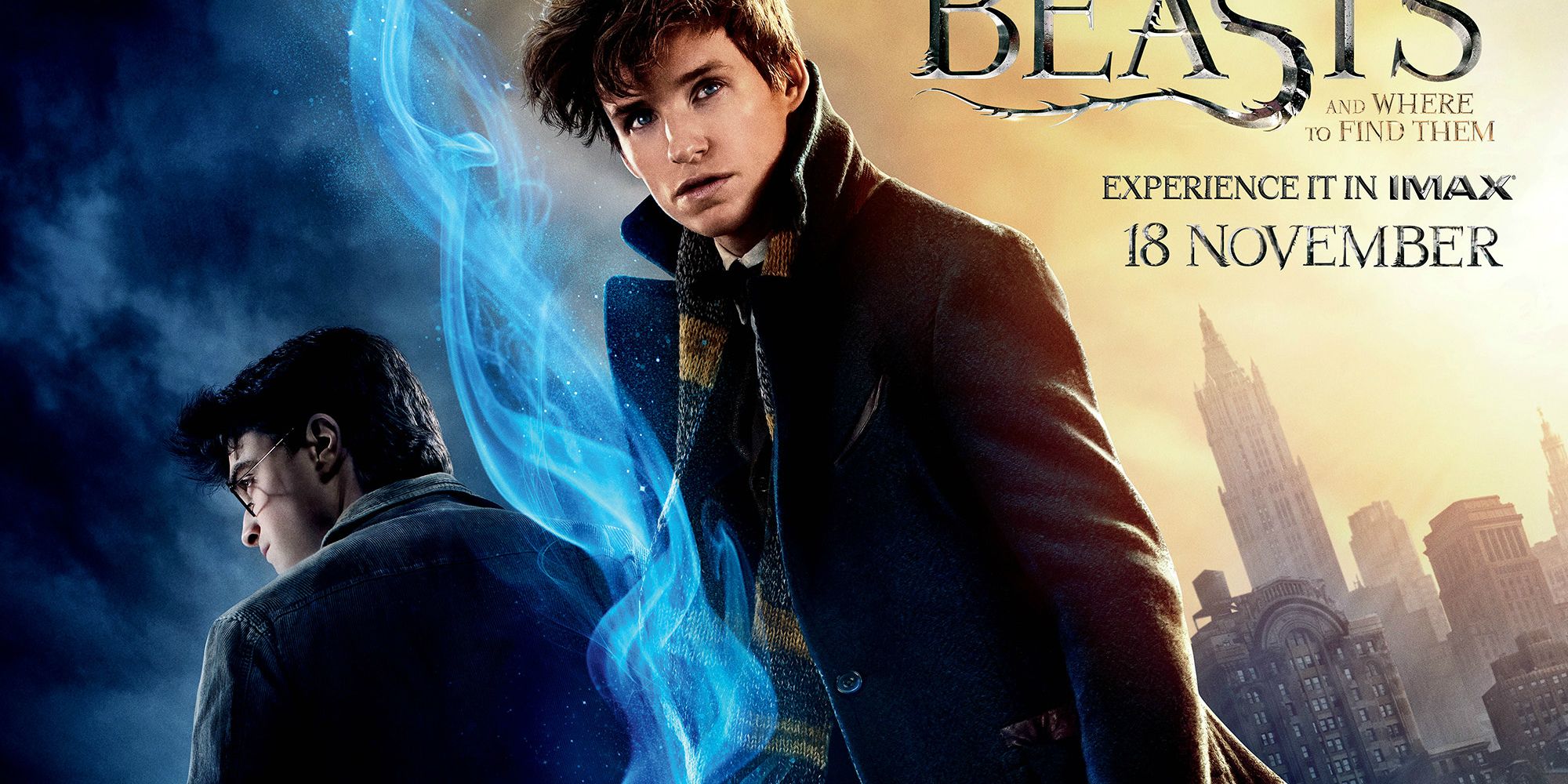
The workshop will take place in Amsterdam on the 30 th of June and the 1 st of July 2022. Papers may focus on single narratives, authors, and periods, or discuss fantastical worldbuilding techniques more broadly, e.g., from a theoretical, comparative or reception point of view. We are interested in contributions from a variety of disciplinary backgrounds that discuss the construction of fantastical worlds in or across different media (e.g., written narratives, drama, film, television, video games).

What devices do authors or artists use to construct fantastical worlds? (E.g., common ground management, deixis, the general rendering of time and space).We invite papers that address one (or more) of the following research questions: Principally, the workshop will focus on the how of fantastical worldbuilding, i.e., on the devices and techniques used in different times and media to create a fantastical world, as well as the ways in which this world is presented as different from yet somehow anchored in reality. The overarching aim of the workshop is to launch such an interdisciplinary discussion in search of a comparative, diachronic perspective on fantastical worldbuilding. Rarely, however, has the connection been made between the classical and contemporary construction of fantastical worlds, let alone between classics and modern media studies. Recent studies in classical literature and receptions have emphasised the fantasy-like quality of classics like Homer’s Odyssey, Ovid’s Metamorphoses, and Plato’s eschatological myths (Rogers & Stevens, 2017: 8-9 Nightingale 2002a, 2002b), while linguists and narratologists have brought to light literary devices that might be used by ancient authors to construct fantastical worlds and mediate the audience’s experience of them (e.g., Allan 2020 de Jong 2009 Ryan 1991). Yet while this phenomenon is generally considered to originate in Tolkien, fantastical worldbuilding can be recognised in antiquity as well.

Being often heterotopic and heterochronic and endowed with their own geographies, populations, histories, governments, etc., fantastical worlds may in complex ways reflect, contrast, and/or transcend ordinary reality. We define these fantastical universes as fictional worlds that involve creatures and/or events whose existence and/or occurrence is impossible in our actual world.

In recent years, media and literary studies have drawn attention to the process of constructing ‘imaginary’ or ‘secondary’ worlds.


 0 kommentar(er)
0 kommentar(er)
